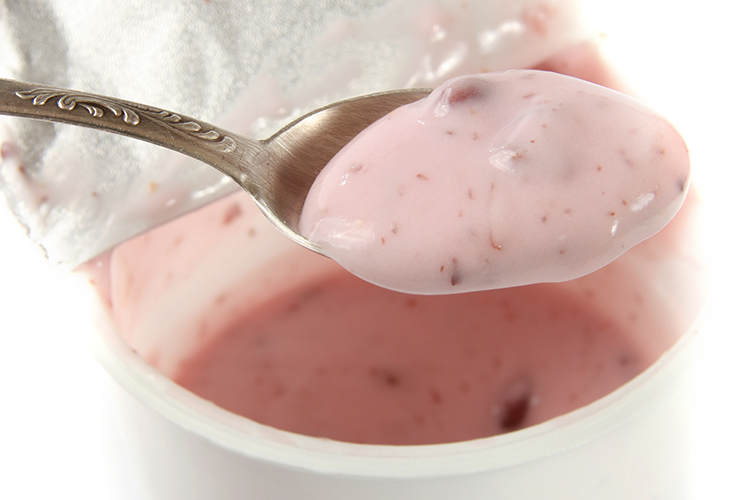Blog
Sugar-laden low-fat diet products linked to weight gain
 The future doesn’t look particularly sweet for our sugary substances.
The future doesn’t look particularly sweet for our sugary substances.
Research and anecdotal reports on the adverse effects of consuming too much sweet stuff, and the improvements in health when it is limited in favour of real foods continue to grow in number.
Having the occasional treat is fine. There is a recommended limit on added sugar intake, not an outright ban.
But the 6 teaspoons (25 grams) per day can add up quick, and often unknowingly when one is eating a lot of pre-made, packaged, or processed foods.
Sugar is often added to boost palatability. Yet the more we eat, generally, the more we want.
This is a problem considering the increase in convenience and packaged food availability, coupled with the anti-fat-for-weight-loss fads of decades past. Fat tastes good, yet we’ve seen an abundance of low-fat products on our supermarket shelves. And when there is little or no fat what do food manufacturers add to make it tasty again? Sugar.
But low-fat diet products that are high in added sugars are being found to contribute to weight gain. Rather conflicting considering the desired effect for helping keep kilos down.
A recent study out of the University of Georgia fed rats either a low-fat, high-sugar diet, high-fat high-sugar diet, or ‘normal’ balanced rat diet over a few weeks, to assess the impact on weight and other health outcomes of popular diet food products.1
What do you know? The rodents eating high amounts of sugar piled on the weight.
“What’s really troubling in our findings is that the rats consuming high-sugar, low-fat diets didn’t consume significantly more calories than the rats fed a balanced diet,” study author Krzysztof Czaja. “Our research shows that in rats fed a low-fat, high-sugar diet, the efficiency of generating body fat is more than twice as high – in other words, rats consuming low-fat high-sugar diets need less than half the number of calories to generate the same amount of body fat.”
Additionally, both groups consuming high sugar had an increase in liver fat, chronic inflammation of brain and gut, impacts to the gut-brain communication pathway (including the ability to send signals that one is full), and negative alterations to gut microbiome. These changes are associated with weight gain.1
A diet low in fat in favour of sugar leading to weight gain is not new news – yet a focus on consuming low-fat products for weight loss still permeates our culture.
So, what do we glean from this?
The study, yes, is on rats, not humans. But they offer a pretty good indication as to what can happen to us Homo sapiens.
In a world that is getting VERY complicated with its variety of nutritional messages, take a simple approach to eating and health – eat real food. Minimise the amount of packaged and heavily refined and processed stuff, eat mostly real, whole foods like veggies and sources of healthy fats, and you are on the right track.
By Angela Johnson (BHSc Nut. Med.)
Reference:
- Sen, T, Cawthon, CR, Ihde, BT, Hajnal, A, DiLorenzo, PM, de La Serre, CB, & Czaja, K 2017, ‘Diet-driven microbiota dysbiosis is associated with vagal remodeling and obesity’, Physiology & Behavior, vol. 173, pp. 305-317.











